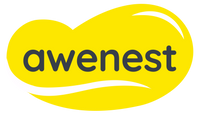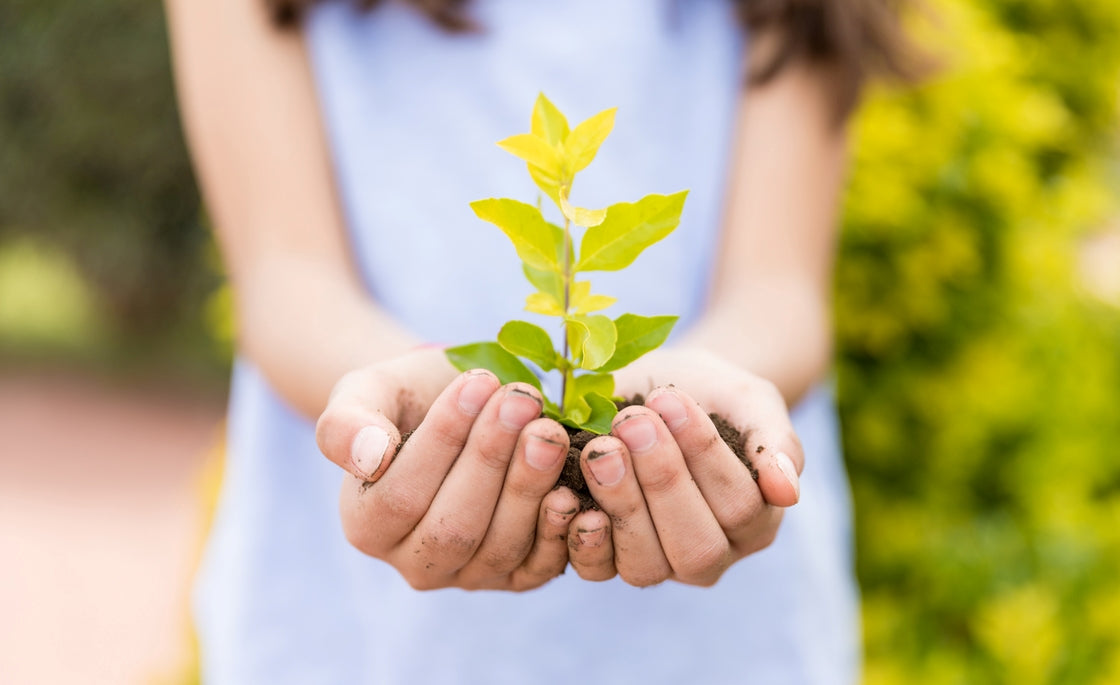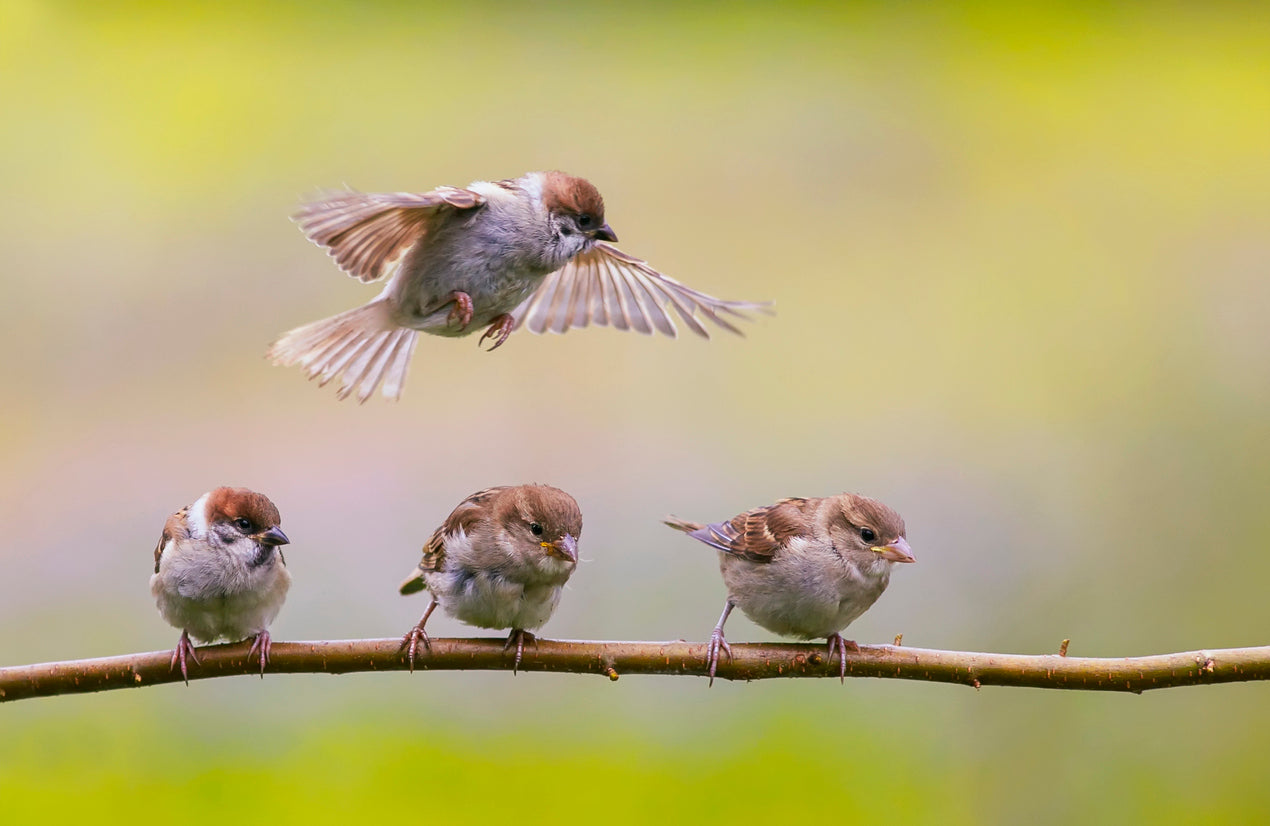As a kid, I remember making turtles from kneaded atta. I am sure you made it too. It required minimum skills - one just had to make a shell and pull out 5 appendages for feet and head.
When we were discussing the emblems for some of our principles, I couldn’t think of anything better than sea turtles for our plastic-free range. While I have been occasionally accused of being abstract in my visual design (after all, a plastic bottle crossed out could have done the job), we would like to persist with our turtle image for now.
Most marine animals are impacted by plastic, but the impact is devastating on turtles –
-
Turtles eat jellyfish and algae, in addition to other foods – and a floating plastic bag often gets confused for a jellyfish. Once consumed, the ingested plastic plays havoc with their internal organs.
-
Entanglement in abandoned fishing nets is another reason for their death.
-
Accumulation of plastic at the nesting beaches means that the baby turtles are the most at risk because they hatch on the beaches.
-
Microplastic on beaches increases the temperature of the sand – and in turtles, sex determination is a function of the surrounding temperature. Sand with microplastic will lead to a skewed sex ratio in newborns.
The image of a turtle helps everyone understand what we are fighting for. Of course, we are fighting that plastic bottle or that fishing net or that single-use plastic floating in the ocean getting confused for food by marine animals - but we are fighting for our turtles, our marine animals, and our ecology. And that’s why the image of a turtle stands for our plastic-free products.
As children, we all made turtles with dough - after all, it was the easiest animal to make.
Let’s not make it the easiest animal to kill.
(Most of you already know that awenest is a principles-based knowledge platform and online store. We have explained why we are trying to be as plastic-free as possible – and though it is not entirely possible (plastic, after all, is a versatile material), we are succeeding in removing plastic from one category after another. A deeper explanation of our plastic philosophy can be found here. We have more than 2000 plastic-free products as of today - that's more than 80% of our entire range - check it out. Even small switches to a non-plastic option can save many animals and prevent microplastic from getting into our blood stream).
Author - kinshuk is one of the co-founders of awenest. He is an alumnus of iim bangalore and a retailer at heart. He can be found on linkedin or instagram






